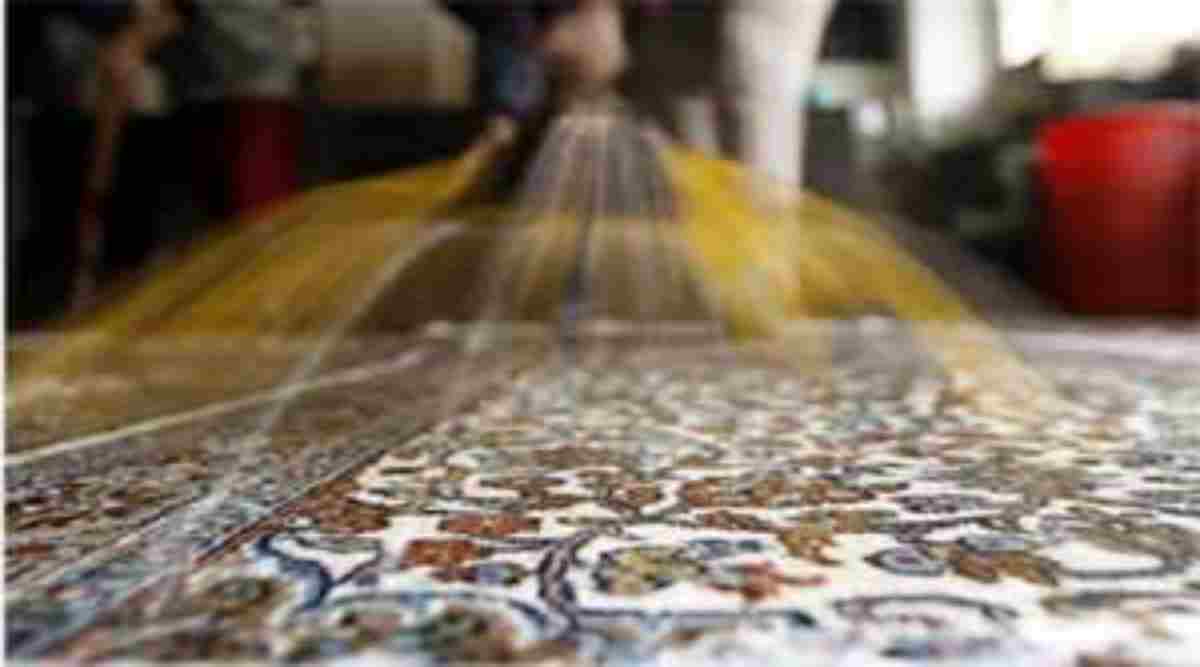
The GI tag will certify the genuineness of the carpet with information about its manufacturer, weaver, raw material, and origin.
Kashmiri artisans breathed a sigh of relief as the Centre provided the geographical identification tag to the famed hand-knotted Kashmiri carpets. The announcement was seen as a big step towards reviving carpet trade in the Union Territory.
The Geographical tag is assigned to products that have a specific geographical origin and possess qualities or reputations that are due to the origin. An official told PTI that the GI tag will certify the genuineness of the carpet with information about its manufacturer, weaver, raw material, and origin.
Kashmiri hand-woven carpets were a huge craze with a big market for exports but soon its market space was seen to be occupied by Iranian carpets or machine-made carpets. With the new GI tags, buyers will. Be able to distinguish between the real hand-woven ones and the loom products, an artisan in Gadekhoud village said.
Artisans also felt that the GI tag will fetch better returns for their hand-woven products and encourage the younger generation to take up carpet weaving to preserve the art.
QR code was also recently introduced to the genuine. Kashmiri carpets for customers to verify the authenticity of the carpet apart from other requisite details. The carpets have a market in at least 25 countries apart from India.
In 2020-21 Germany emerged as the biggest importer of Kashmiri carpets with exports from Kashmir worth Rs 115 crore Rs 36 crore worth carpets were sent to the UAE and Rs 34 crore worth exports to the US. The Netherlands too imported the artwork worth Rs 22 crore, the government official informed.
Jammu and Kashmir are looking forward to launching a mega carpet village to boost trade further, he added.




